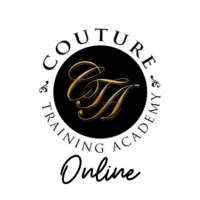SPMU – Blood borne and Body Fluid Exposure Policy and Procedures
BLOODBORNE PATHOGENS POLICY AND PROCEDURE HBV IMMUNIZATION AND PREVENTION TRAINING Before engaging in a treatment where exposure to human blood and/or Other Potentially Infectious Materials is probable or possible, each student, trainer or therapist must present either evidence of HBV immunisation against hepatitis B virus disease (HBV) and undergo training to prevent or minimise exposure. Each person should check with their local GP or Health Clinic about such costs, and must produce evidence of such costs for reimbursement. Students, Trainers or Therapists who want to forego such immunisation must sign a formal disclaimer statement. DEFINITIONS Bloodborne Pathogens‐ pathogenic microorganisms present in the human blood and other body fluids which can cause disease in humans. Potentially Infectious Material‐ include: human body fluids including; semen, vaginal secretions, pleural fluid, amniotic fluid, saliva. any body fluid/excretion that is contaminated with blood. Universal Precautions ‐ Strict adherence to standard precautions is required in all treatment situations. All staff and students are required to use appropriate personal protective equipment whenever contact with blood or other infectious material is expected. Personal protective equipment includes, but is not limited to, gloves, masks, gowns, face shields, and eye protection. WASH HANDS before and after all contact with clients.…
